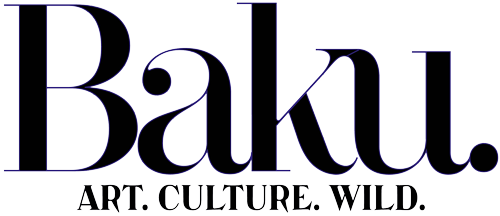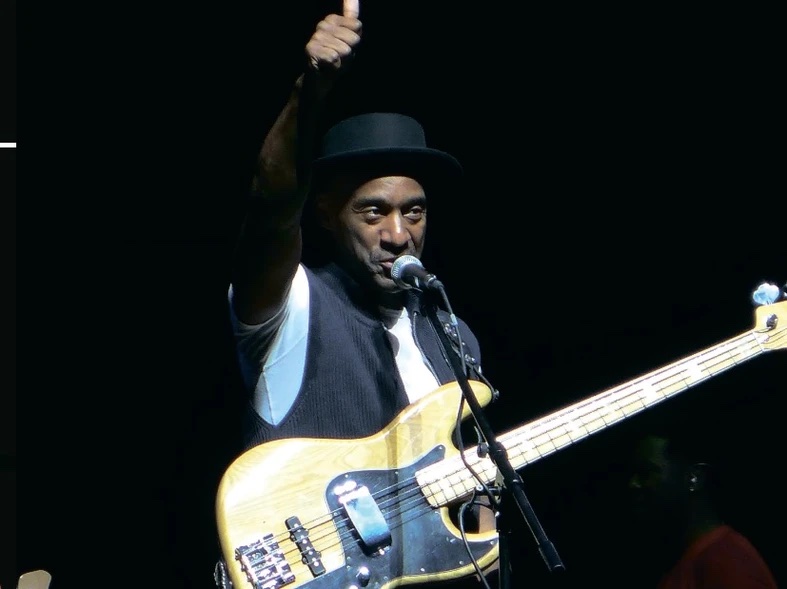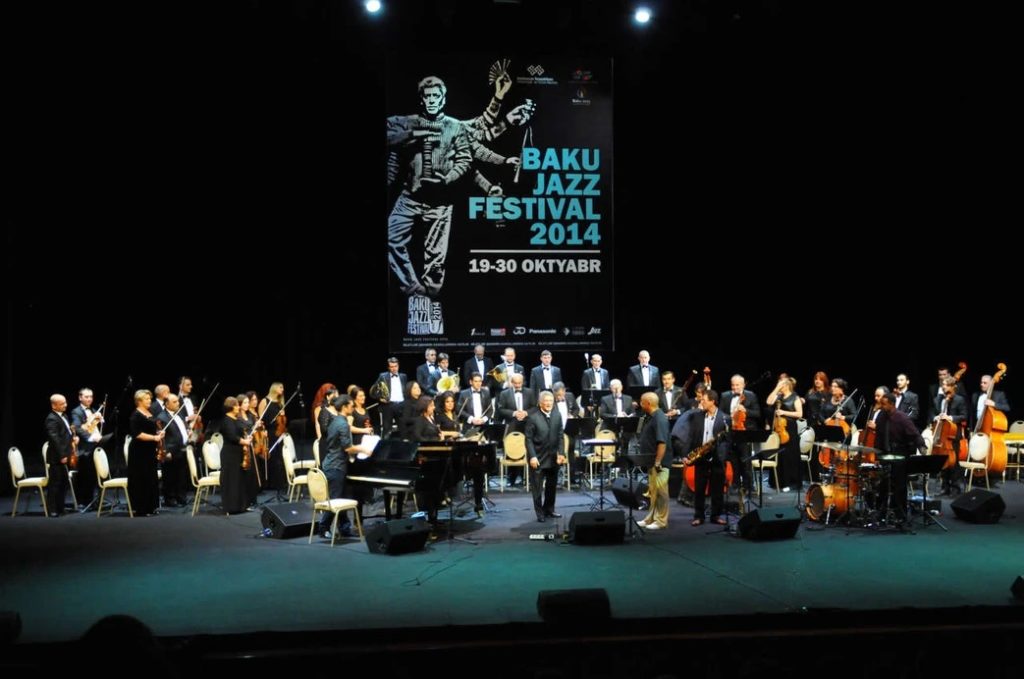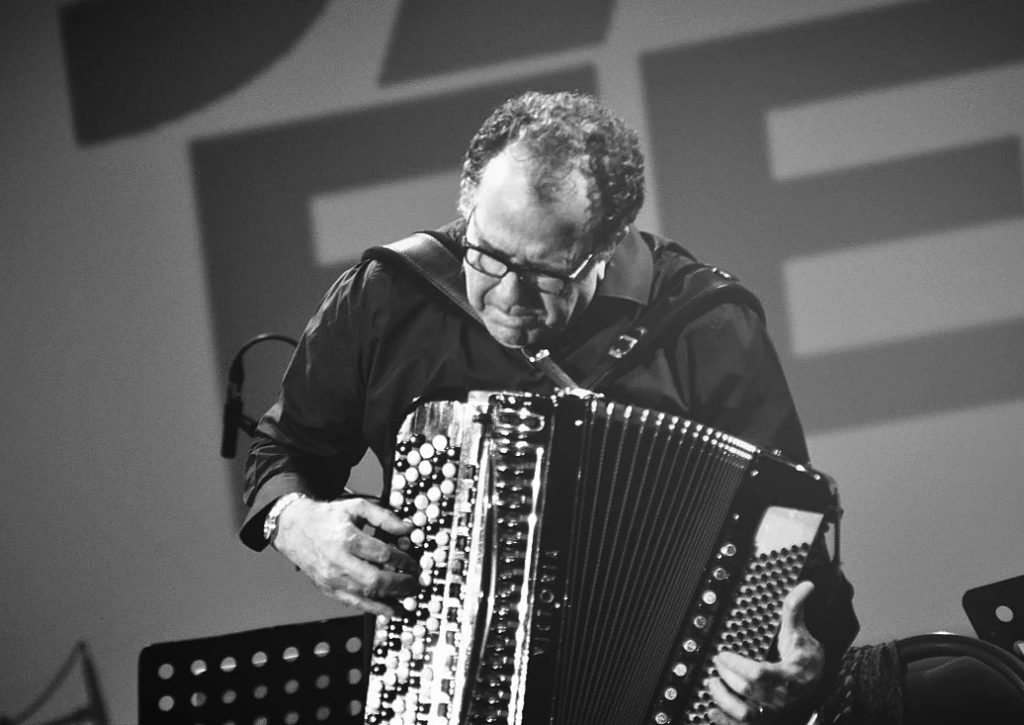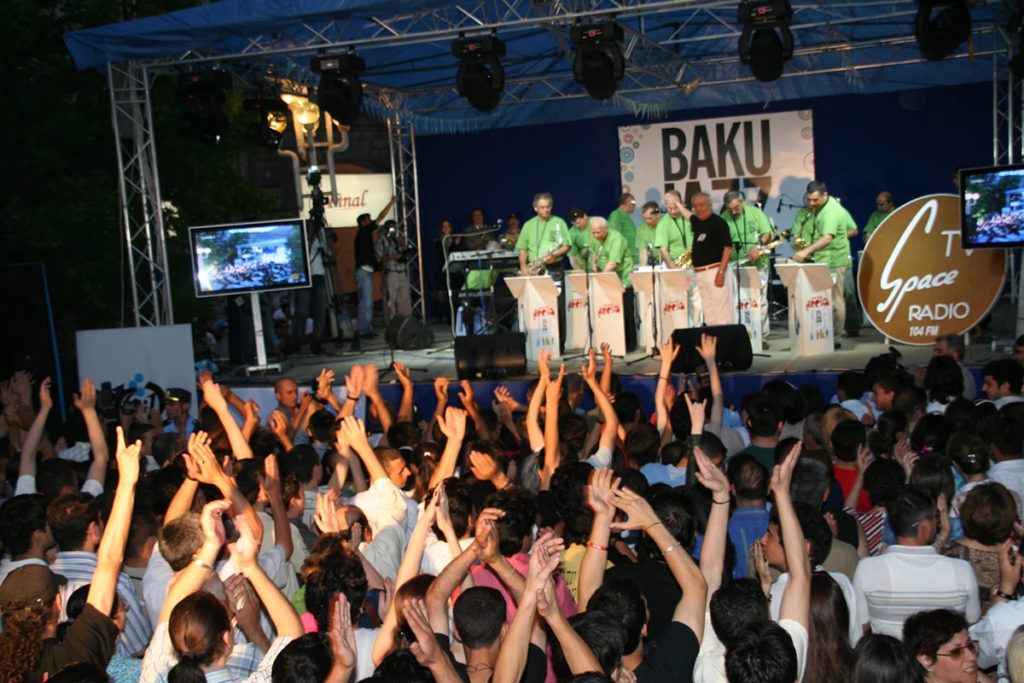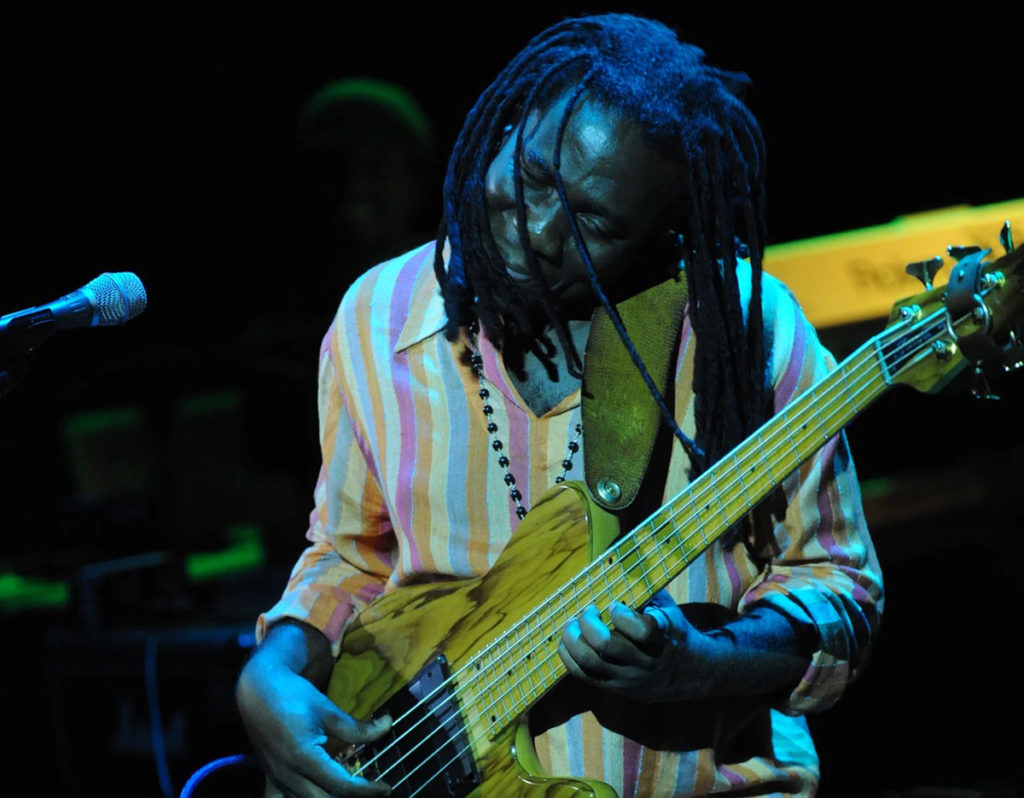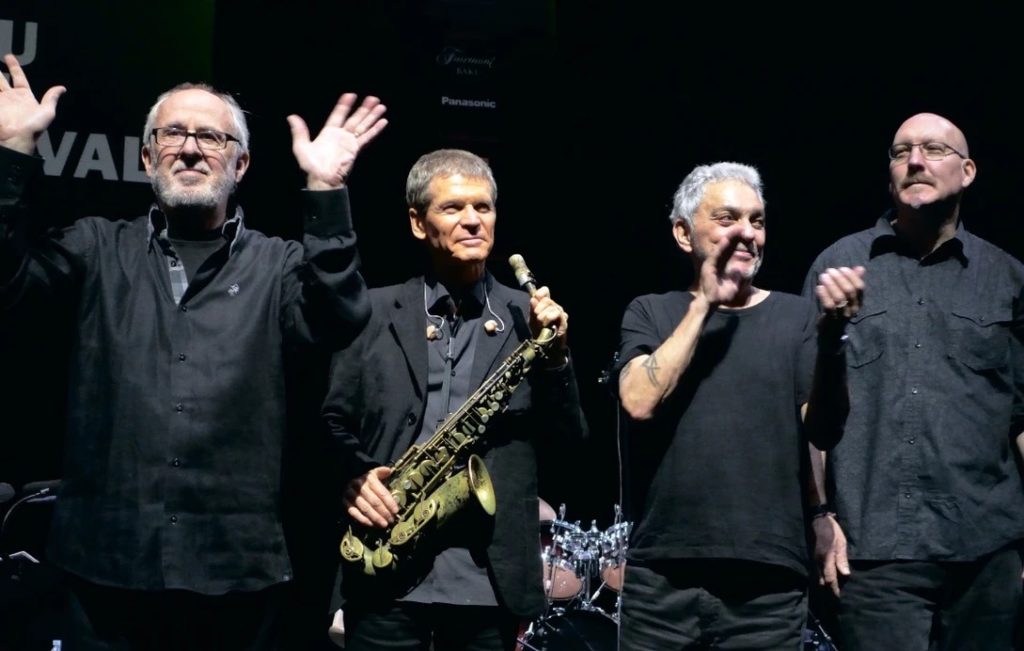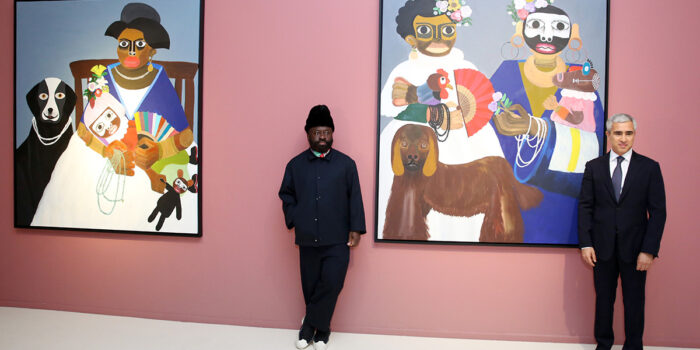The city on the Caspian Sea has been a centre of jazz culture ever since the first oil boom in coincided with the original jazz era back in the 1920s. Since 2005, Azerbaijani saxophonist and composer Rain Sultanov has organised the Baku International Jazz Festival, drawing in musicians from around the world and combining them with showcases of the country’s own jazz genre, with influences of mugham, the historic local musical style. He has also elevated Azeri jazz’s international standing in an increasingly globalised music industry through features such as the ‘I AM JAZZMAN!’ competition, which attracts performers from across the globe. Will Standring speaks to Sultanov, about the evolution of the scene and this year’s 17th edition of the festival, taking place this month
Baku: What prompted you to start the festival in 2005?
Rain Sultanov: To be honest, it was probably a desire to see my idols, whose music I was brought up on, play in Baku. I wanted to create a global, large-scale festival where both stars and aspiring talented musicians would be present, and to build a platform for Azerbaijani children. It was my long-standing dream. During the soviet period several small festivals were held in Baku, but mainly with the participation of guests from neighbouring republics. When I was touring the world, I was building a scheme of my festival in my head, noting the pros and cons of the events I played at.
Baku: How has it evolved since then?
RS: The festival has grown a lot since the beginning. Originally, in addition to concerts within the framework of the festival, we founded a competition for young jazz performers which was limited to locals. Now, “I am Jazzman!” has become an international competition, musicians from all countries take part in it and they leave with prizes and diplomas. Today’s festival accommodates a large number of jazz-related events. Such as art and photo exhibitions on jazz, days of jazz films, master classes, presentations of jazz books and much more.
Baku: What distinguishes Azeri Jazz from that of the rest of the world?
RS: This is a question I am often asked. Azerbaijani jazz is a little hotter and brighter than others, it is associated with mugham modes, intertwined with ethnicity and tradition. Someone said that if there was no jazz, then mugham would replace it. Azerbaijani mugham is improvisational music, a unique ancient form of self-expression. Perhaps this is our difference. Each Azerbaijani musician has his own approach, but they are still united by their origins.
Baku: How do you ensure the ongoing relevance of Azeri jazz in an increasingly globalised music industry?
RS: For the last fifteen years we have been working towards exporting Azerbaijani jazz to the world network. To do this, we joined the European Jazz Association, as well as the Herbie Hancock global jazz family – we celebrate International Jazz Day on April 30 every year, in support of the development of world jazz in general. But the most important thing is our annual participation at the world exhibition in Germany, ‘Jazzahead!’. The Azerbaijan Pavilion presents our musicians to labels, booking agents of the global network. Thus, Azerbaijani musicians get the opportunity to join the world jazz industry.
Baku: What efforts do you make to get Azerbaijan’s youth involved with jazz?
The fact is that young people have a certain opinion about jazz, which we are currently trying to change. That is, our goal is to show young people various genres of jazz with an emphasis on electronic music, which at this time most attracts them. Mixes, jazz-rock, vocal jazz serve as the first step to a more intellectual jazz. A competition is open for young people – a great opportunity to start a career as a professional musician.
RS: Who has been your biggest personal jazz influence?
From a young age I was captivated by Coltrane, I tried to understand his game, listened a lot and copied him. Of course Miles Davis, Herbie Hancock, Jan Garbarek. But I was influenced by one musician, whom I have always treated with great awe and respect – this is Michael Brecker. I consider Brecker the best saxophonist of all time, he had a huge technical background and was a lyricist, which made him a completely unique musician.
Baku: Baku Jazz festival showcases more than just jazz. How important are other disciplines in the festival?
RS: Yes, they are very important as the festival is far more than a series of concerts. Baku Jazz Festival is a platform for new ideas, innovations, talents. For example, in 2019, as part of the festival, an art project was held – 3d mapping to the Maiden Tower – 20 minutes of colourful sketches and music, which the residents of the city, and of course tourists, really liked. I believe that such projects attract a large audience to jazz, which is important for us.
Baku: What can we expect this September?
RS: There is a lot of music, jazz, bright evenings and special events. This year, musicians from 15 countries will participate in the Baku Jazz Festival. They are all high-level performers. We are hosting jam sessions with Azerbaijani musicians, presentations of vinyl records and a limited edition of jazz port, an amazing jazz art exhibition, as well as an outdoor concert, a city jazz tour with live music during the City Jazz Festival, and much more.
Baku: Which young Azeri artists should we keep our eyes on for the future?
RS: The first qualifying round of the I am Jazzman jazz performers contest was held in July and I am immensely glad that talented, interesting young people have come. We have interesting new musicians, but while we are tracing their path, we are helping in any way we can. I can’t single out anyone, maybe I’m waiting for the appearance of a bright original musician. To do this, in addition to talent, you need ambition and a lot of work. I hope that someone will appear soon who will be able to conquer my heart.
Baku Jazz Festival will be taking place from 23-30 September 2022
